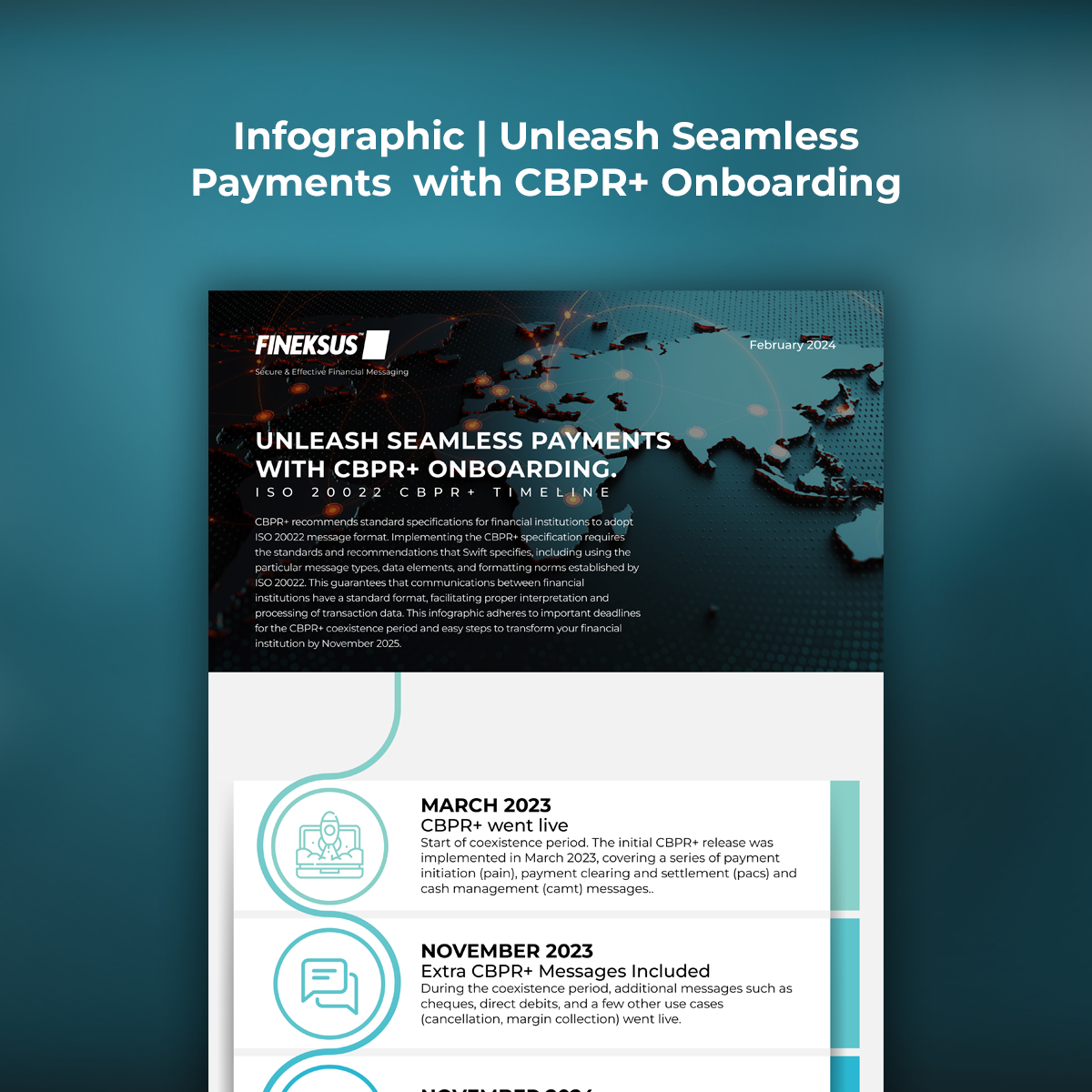
Customer Due Diligence (CDD)
What is Customer Due Diligence (CDD)?
Customer Due Diligence (CDD) is a process which involves the collection and evaluation of the informations; such as full name, birth place, birth date or marital status, about the customers – or potential customers – in order to be used by the financial entities. It collects and evaluates the data in order to reveal the potential risks to these entities while making cooperation with a particular organization by examining the data from a variety of source. In other words, Customer Due Diligence (CDD) is used by the companies in the process of risk assessment.
Why is Customer Due Diligence (CDD) Important?
Customer Due Diligence (CDD) is very important in terms of knowing your customers. There are many reasons why Customer Due Diligence (CDD) is important. First of all, through Customer Due Diligence (CDD), the financial institutions which provide financial services can identify the risks and they can prevent these risks by taking measures against these risks. Furthermore, it ensures the compliance between the related legislation and regulations. Moreover, it enables funds for terrorist movements to be prevented. All in all, Customer Due Diligence (CDD) is very important in the risk assessment process in terms of identifiying the risk and taking measures.
What are the Procedures of Customer Due Diligence (CDD)?
First of all, Customer Due Diligence (CDD) is collecting the basic informations about the customer such as full name, contact informations, birth place and date, through Know Your Customer procedure. Then, secondly, the identity control is made for the customer identity. Another procedure is to examine the accounts of the customers, especially the customer accounts who are high risk. As the behaviors of the customers is changeable, this is a process to examine the accounts; it is made continuously.
When is Customer Diligence Due (CDD) Necessary?
Customer Due Diligence (CDD) is one of the most important elements of the Anti-Money Laundering regulation. In order to avoid the financial crimes, the financial institutions should verify their customers.
Furthermore, it is important for the companies to make Customer Due Diligence (CDD) in their new cooperations with the other companies or people. So that, the potential risks are eliminated.
The Developed Version of Customer Due Diligence (CDD): The Enhanced Due Diligence (EDD)
In some cases, the risk level of the customers or business partners are high and they pose more risk for the companies, accordingly. The Enhanced Due Diligence (EDD), then, is the developed version of Customer Due Diligence (CDD). The Enhanced Due Diligence (EDD) is implemented for the high-risk people or companies. Differences between Customer Due Diligence (CDD) and Enhanced Due Diligence (EDD) are the measures. More strict measures are taken in Enhanced Due Diligence (EDD).
As a consequence, Customer Due Diligence (CDD) becomes like important and indispensable for the companies in order to maintain their business partnerships by verifying their reliability. The important thing is not only the maintenance of business partnerships, but also the reputation. Customer Due Diligence (CDD) is important also for preventing reputational damage. Before starting to a new partnership, the companies should know their partners completely, in order to avoid the harm that their potential partners do and CDD is one of the most important tools in such cases.

